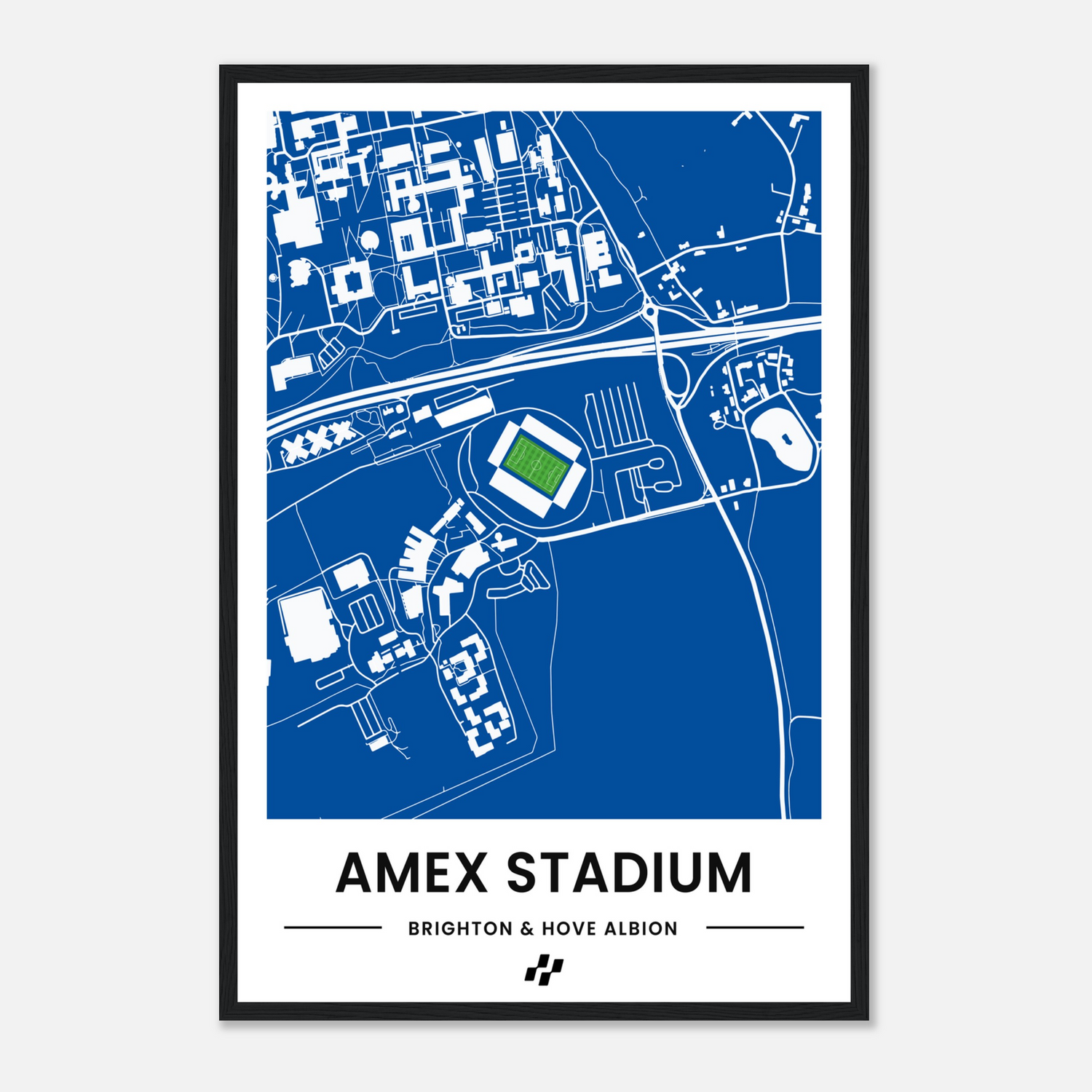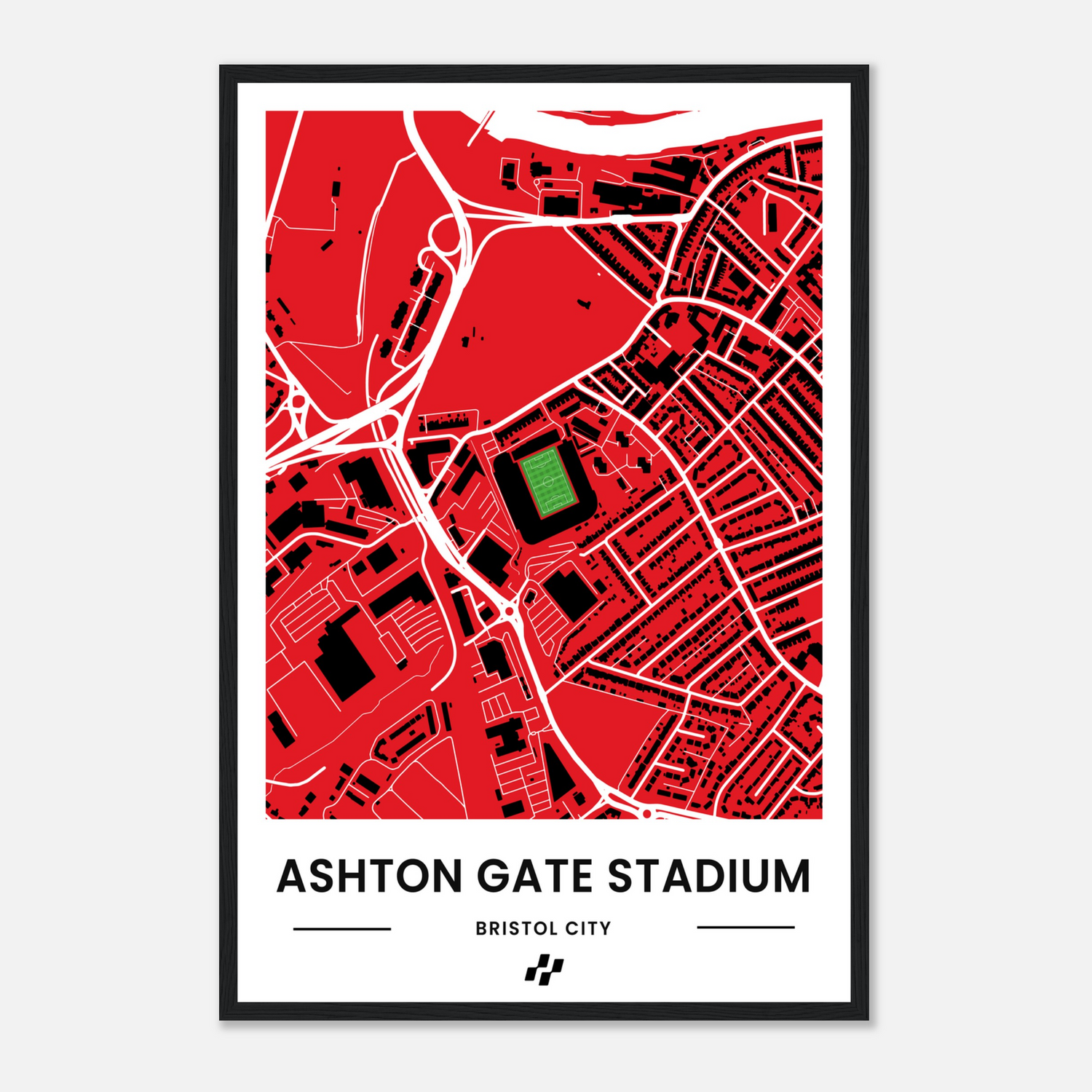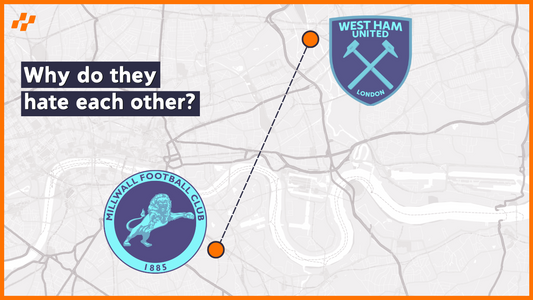
How are Brighton changing football
Share
Brighton, is essentially blowing everyone's minds in the Premier League. They're playing a distinctive brand of football that has them now competing in Europe. And they're not just competing with the big boys like Liverpool, Manchester United, and Chelsea; they're beating them! It's a breath of fresh air in a league dominated by megastars and megabucks. But this success story didn't happen overnight. It's been a slow and steady climb, filled with a bunch of smart decisions making from the ownership.
Brighton & Hove Albion was in serious financial trouble not long ago. They didn't even have a proper stadium to call home, and it looked like they might drop out of the professional leagues altogether. But then, in 2009, along came Tony Bloom, the club's owner with a vision. Fast forward to 2023, and Brighton had their best-ever finish in the 2022/23 season with their form continuing into the new season with a style of play teams are struggling to cope with.
So, what's the secret to Brighton's success? In this article, we'll look at how Brighton's recruitment strategy and style of play are changing football.
Continue reading or watch the video on our YouTube Channel
Tony Bloom Investment
Tony Bloom is a long-time Brighton fan, and his family has a long association with the club. Before taking over Brighton as chairman, securing a 75% shareholding in 2009, Bloom was a successful professional poker player, and in 2006, he founded his betting consultancy, Starlizard.
StarLizard employs nearly a hundred analysts to collect unique match data from multiple European football leagues. Bloom uses this information in two ways. For starters, the stats allow him to turn over hundreds of millions of pounds each year for StarLizard. Second, the company sells data to professional gamblers in the same way that Opta does for the media.
Prior to Blooms takeover, Brighton were homeless and financially stricken, playing at Gillingham's Priestfield Stadium, then the run-down Withdean, following the forced sale of their home stadium, the Goldstone Ground.
Bloom invested £94 million in the construction of the club's new stadium, the Amex Stadium. His investment and shrewd decision-making enabled the first team to knock on the Premier League door for several seasons in the mid-2010s, finally gaining promotion in the 2016-17 season.
Data Lead Recruitment
However, it is Brighton's data-driven approach that sets it apart from the competition. Tony Bloom realised that they couldn't match their rivals' resources - it's very expensive to play like Manchester City. So, if they couldn't outspend their competitors, they had to outthink them.
In order to compete, Brighton have adopted a 'Moneyball' approach to recruitment that focuses heavily on data, analytics, and untapped potential. This analytical philosophy has drawn comparisons with Billy Beane’s ‘Moneyball’ approach in baseball. Its a similar way to Brentford owner Matthew Benham who also made his fortune from professional gambling.
This approach gives Brighton a more accurate assessment of their targets' abilities, giving them an advantage over rival clubs. Expected Goals is widely used, with people hired to analyse chances created during matches, delving deeper into key performance indicators rather than surface-level performance.
This has allowed Brighton to efficiently scout all continents, find hidden gems that other clubs are missing, and sign players at rock-bottom prices.
Yes, this strategy has risks because signing players who haven’t yet proven to perform at the highest level, they may not be able to cut it. However, this system has enabled Brighton to seemingly pull gem after gem out of thin air.
Player uncovered include Moises Caicedo, Alexis Mac Allister, Yves Bissouma, Marc Cucurella, and Kaoru Mitoma. And crucially, the club has been excellent at selling their top players at the peak of their market value; they made huge profits on Cucurella (sold for £62m to Chelsea), Bissouma (£25m to Spurs) and Caicedo for a fee that could potentially increase to £115 million.
Meanwhile, the club's clever recruitment model ensures that when high-profile players leave, there is always a ready-made replacement who can slot into the starting XI. For example, Cucurella was then replaced with a £15m player in Pervis Estupinan.
Instead of scouting players based on their location, as most clubs do, Brighton focuses on player positions. This was made possible by Dan Ashworth and Paul Winstanley, Head of Recruitment. This is how it works: Instead of scouts for different regions or countries, Senior Scouting Managers oversee specific positions..
The same can be said for the managers and staff. Before moving to Chelsea, Graham Potter developed a distinctive style of possession-based football, which was then replaced by De Zerbi, who has a similar style but has further evolved Brighton. This also applies to the background staff, who must be fully invested in the club's data-driven approach to football.
De Zerbi Ball
Arriving in September 2022, De Zerbi implemented a style of football that's based on patient, controlled possession, built up from the back. His goalkeeper, as well as his centre back, are expected to be at ease with the ball at their feet. Every single attack starts with those two central defenders, whose patient possession then shifts quickly to midfield as fast-paced, precise passing is used to beat the opposition press, exploit the space left by advancing opponents, and launch devastating attacks.
Under De Zerbi, Brighton had become one of the Premier League's most exciting sides, and the statistics back that up. Brighton deserved their sixth-place finish in the 2022/23 season, as they recorded some memorable results on the way. With the master tactician Pep Guardiola himself praising De Zerbi style of play.
"They propose a type of game we're not used to. His impact in England will be massive."
Brighton qualified for European football for the first time in the club's history, and the club's unique, forward-thinking, analytical, and innovative approach to football has propelled them into one of the best structuredly run football clubs in the world at this time. And who knows where this will lead them in the future if their on-field performances continue to improve; instead of selling their best players for high fees, perhaps players will not want to leave and they will be able to attract world-class players in their prime. Don't be surprised if they challenge for Champions League football soon, and maybe one day, the Premier League title.





